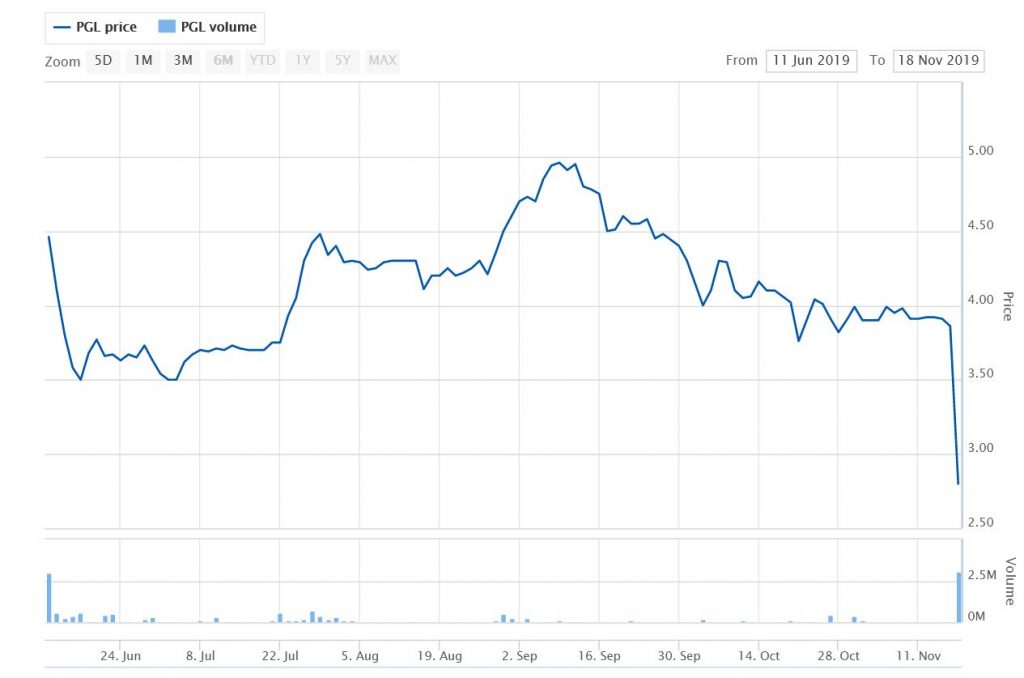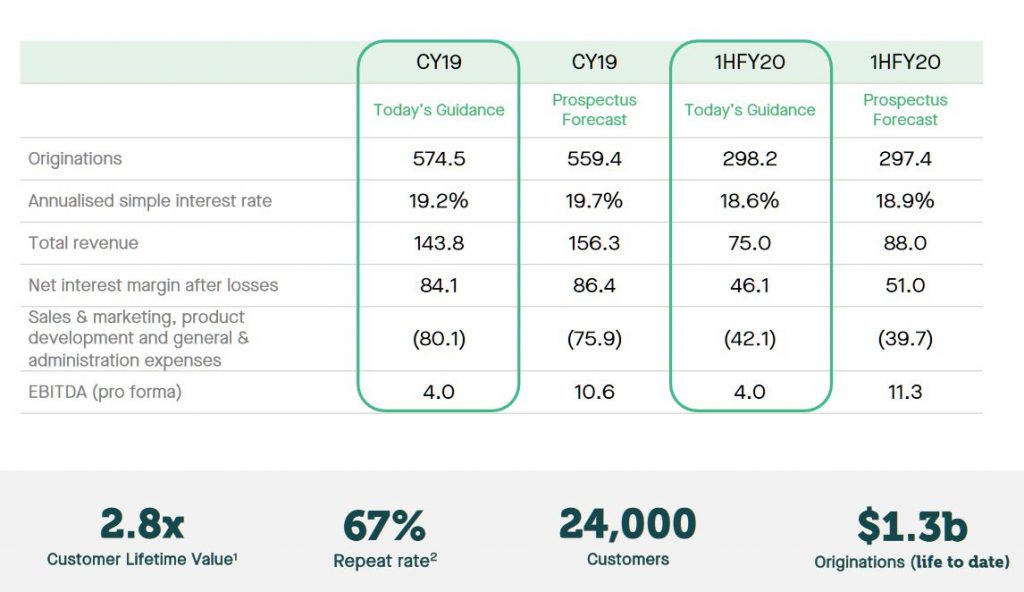The aborted Prospa IPO raises questions not just about the online SME lender’s compliance with UCT but also ASIC’s role in applying and enforcing this law which came into effect in November 2016 says TheBankDoctor.
In its prospectus Prospa said “we have reviewed our loan contract in relation to UCT in July 2015 and again in September 2017. We will continue to review our loan contract as and when required in light of relevant case law and regulatory guides that may be issued”. Then the day before the IPO, Prospa received a letter from ASIC which is thought to have raised queries about whether its standard form contract contains clauses that may breach UCT.
Following a hastily arranged meeting with ASIC the following day, Prospa announced the IPO would be deferred for 48 hours. It said after this meeting “ASIC has been wonderful and very positive in their engagement” and the company felt “it does not need to make additional disclosures about its compliance with UCT regulations”. Prospa noted ASIC had not raised questions about the company’s disclosure or prospectus. And ASIC made no comment about what was in its 5th June letter or what was discussed or resolved at the meeting.
The IPO is now on hold yet we are none the wiser as to whether Prospa believes it is compliant or whether ASIC thinks Prospa may not be compliant. Until this uncertainty is cleared it’s hard to imagine how the IPO can proceed and in the meantime, ASIC’s collaborative approach to the application and enforcement of this law will come under closer scrutiny.
Prospa’s equivocal prospectus statement on UCT hasn’t helped its cause. It would be surprising if the Prospa directors did not seek and obtain written advice from their lawyers prior to signing off on the prospectus. Other fintechs that are not looking to list, have obtained written opinions from their lawyers stating their standard form contracts are UCT compliant.
Given the statement that it would “wait for case law or regulatory guides to inform it of any non-compliance with UCT” perhaps Prospa is of the view ASIC will tell them if it has contrary views and until or unless they receive input from ASIC nothing further is required?
There has been speculation ASIC’s last minute intervention may have been influenced by the Royal Commission’s questioning of ASIC’s Michael Sadaat on June 1st when counsel assisting Kenneth Hayne queried the collaborative approach adopted by ASIC and the Australian Small Business & Family Enterprise Ombudsman to get the big four banks to amend terms and conditions in their standard form contracts. At one stage, Mr Hayne asked Mr Sadaat “why say, in a media release, we will work with those who are not complying rather than saying, those who are not complying with the law should do so?”
In response, ASIC defended its approach saying that it “has been appropriate and moulded to addressing the risk of contravention of those provisions”. ASIC pointed out that since November 2016 it is has not initiated any legal action to enforce the law. This is more likely a reflection of ASIC’s priorities than the number of potential breaches. In addition, ASIC says it has received only one complaint about potential UCT concerns in a small business loan contract. The reason ASIC has received only one complaint is not that this is not a problem, it is because SMEs are not complaining. They are either too busy, don’t want to be exposed publicaly, don’t see any benefit for themselves or, as often as not, just don’t know ASIC is interested in their concerns.
In due course there is every likelihood the Royal Commission will make findings about the need for ASIC to tighten up enforcement of UCT laws particularly in the burgeoning non-bank SME lending market. But ASIC and lenders cannot and should not await the Royal Commission. SMEs who need access to funding offered by these lenders are entitled to know whether lenders comply with the law.
If Prospa believes its standard form contracts comply with UCT why doesn’t it just say so?. Similarly, if ASIC believes Prospa might not compliant why doesn’t it say so and then take whatever action it deems appropriate. Proving in court that a standard form contract term is unfair would not be easy although there are several clauses in Prospa’s standard form contract that, at the very least, raise questions about UCT compliance. These include:
1. Material Adverse Effects. Any event which in the lender’s reasonable opinion has had or may have a material adverse effect constitutes an event of default. Five types of events are defined as a Material Adverse Effect. They are not linked to non-payment. In such circumstances, no notice is required to demand repayment in full, use the direct debit authority as many times as the lender so desires or appoint a receiver.
2. Entire agreement. The loan agreement supersedes and overrides any other agreement, verbal or in writing.
3. Broad indemnification clauses. The loan agreement makes the borrower and any guarantors liable to the lender for losses, costs, liabilities and expenses suffered or incurred by the lender including, it seems, those that may arise outside the control of the borrower or guarantor.
4. Voluntary repayment. A borrower may at the discretion of the lender repay a loan early but this does not reduce the amount of interest payment unless the lender agrees. That is, if a borrower wants to repay early, they can be required to pay all the interest for the unexpired period of the loan.
This is not a “penalty” because the borrower accepts this clause when signing the loan agreement. Meanwhile in the Frequently Asked Questions section of the Prospa website, potential borrowers are advised, “there are no additional fees for early repayment”.
The voluntary repayment clause has caught out a number of unsuspecting borrowers. Last weekend’s AFR reported the case of a Perth based businessman with an existing Prospa loan who accepted an offer to borrow more but rather than simply increase the existing facility, Prospa sold him a second loan which was in part used to pay off the original loan. But despite paying that loan out early, the borrower says he was still required to pay the full interest and other fees as if the loan had run to its full term.
It may be that in recent times Prospa has made changes to its standard form contract although this seems unlikely given the prospectus states the last review was conducted in September 2017.
Compliance with UCT is an issue for the entire non-bank SME lending sector, not just fintechs or Prospa. But as the dominant player in the rapidly emerging fintech space, Prospa has an opportunity, arguably a responsibility, to demonstrate that fintechs can become a trusted alternative source of finance for the thousands of SMEs that cant get funding from banks. SMEs, who are generally time poor and financially unsophisticated, are entitled to expect that laws designed to protect them are enforced.
It remains unclear what the Prospa board and ASIC think about Prospa’s compliance with UCT law and until this is clarified, the cloud overhanging the company will persist and the IPO will remain in limbo. And hopefully ASIC will take the steps necessary to ensure UCT law is applied and enforced without unnecessary delay.
Re-posted with permission.






